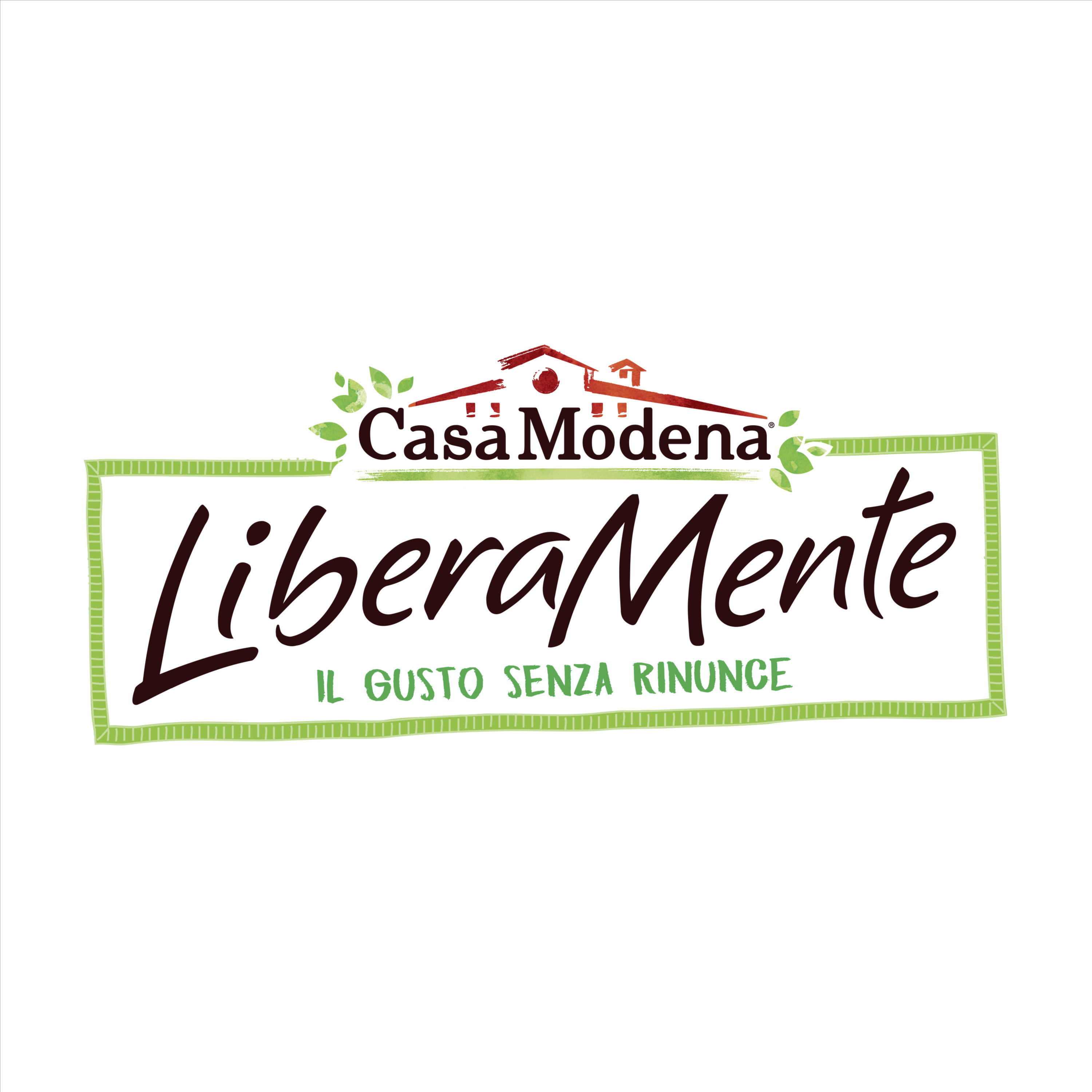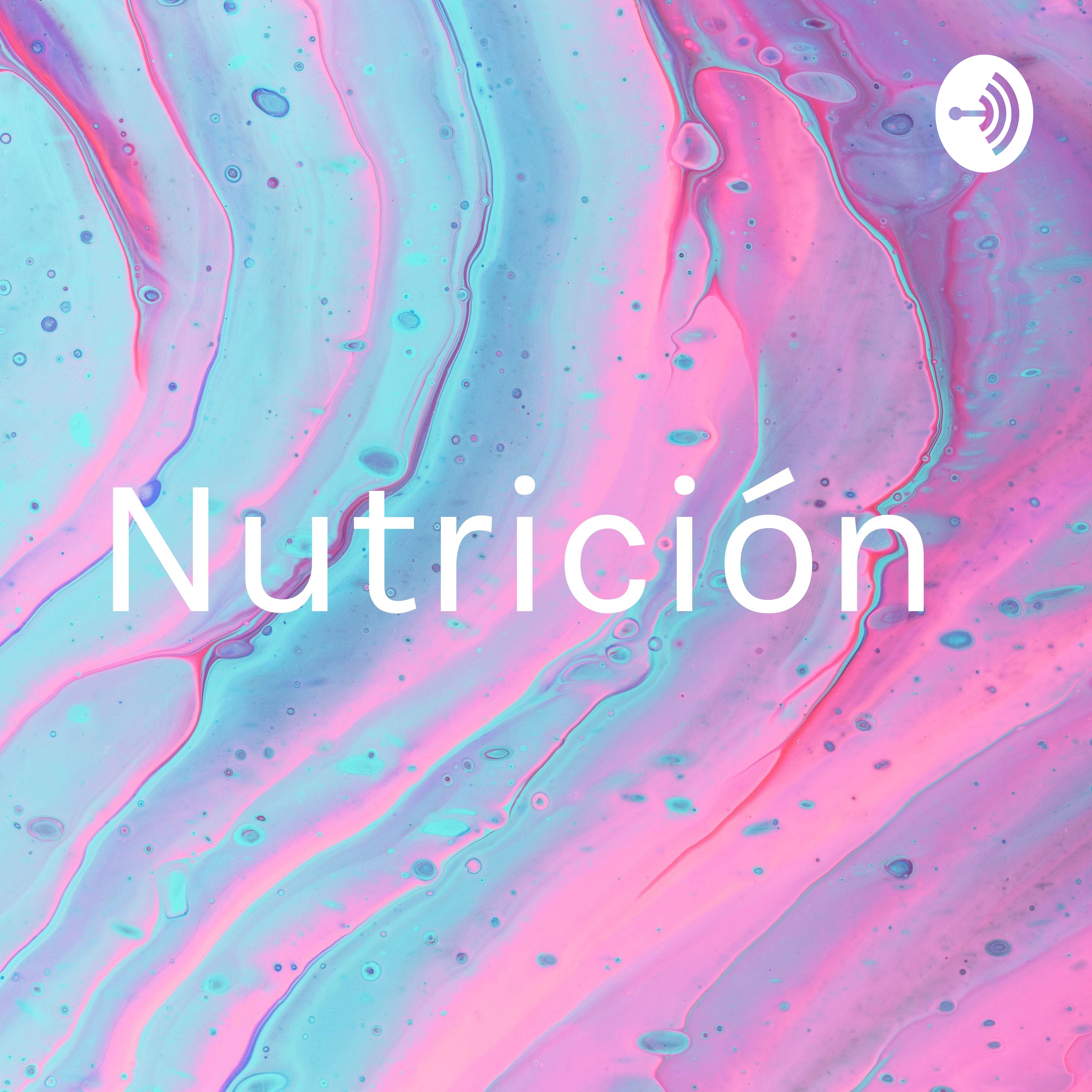 |
Kidney 1-2-3: Simple Steps for Kidney HealthAuthor: Kidney Nutrition Institute
Kidney disease is a difficult diagnosis to navigate. Nutrition is a powerful tool to preserving kidneys, but the information online is so conflicting and misleading. The expert renal dietitians at the Kidney Nutrition Institute break down kidney nutrition into small bite-sized bit of information that you can start living TODAY! It's time to be done with confusion and get clarity on keeping kidneys healthy. Language: en Genres: Health & Fitness, Nutrition Contact email: Get it Feed URL: Get it iTunes ID: Get it |
Listen Now...
Stop over-restricting these 3 nutrients!
Tuesday, 29 March, 2022
Traditional kidney nutrition guidance tends to focus on just 3 nutrients: sodium, potassium and phosphorus. And the rule is the same for all 3: LIMIT your intake! We'll show you why that is flawed advice, what you really need to limit and what that actually means, and how that translates into meals on your plate. Join the discussion with two of our expert renal dietitians, Jessianna Saville and Amy Harshman. All dietary advice is for learning purposes only and not specific advice for anyone. Please speak with your health care team prior to any dietary changes. Time Stamp for podcast: 1:04 Sodium 1:35 Patient Story about sodium 2:34 Current guidelines for sodium 1500-2400mg per day 3:00 No is not better than low 3:52 High sodium foods: bread, frozen meals, prepackages and convenience foods 4:40 Gotta have some salt because you need to enjoy your food 5:54 Look at labels, aim for 100-120mg per serving 6:37 Potassium 7:39 Potassium doesn't hurt kidneys and low-potassium doesn't make kidneys work better 8:10 Most people don't need to limit potassium, check your labs to see if you do (less than 5) 8:38 Potassium helps control blood pressure which protects kidneys, so you need potassium. 9:36 Phosphorus 9:58 Different phosphorus -- not all are bad 10:13 Chemical (inorganic) phosphates are manmade and show up on labels as "phos" and absorb 90%+ of these 10:36 Whole foods have phosphorus but this isn't absorbed by our bodies due to phytate (only absorb 40%) 11:22 Phos isn't listed on nutrition label, have to check ingredients regularly for "phos" on the label 11:50 Incorporate nuts and beans and whole foods because the phos isn't the problem and the other fiber and nutrients in whole foods are way better for health. 12:20 Focus on whole foods: packaged foods have high sodium and high phos












